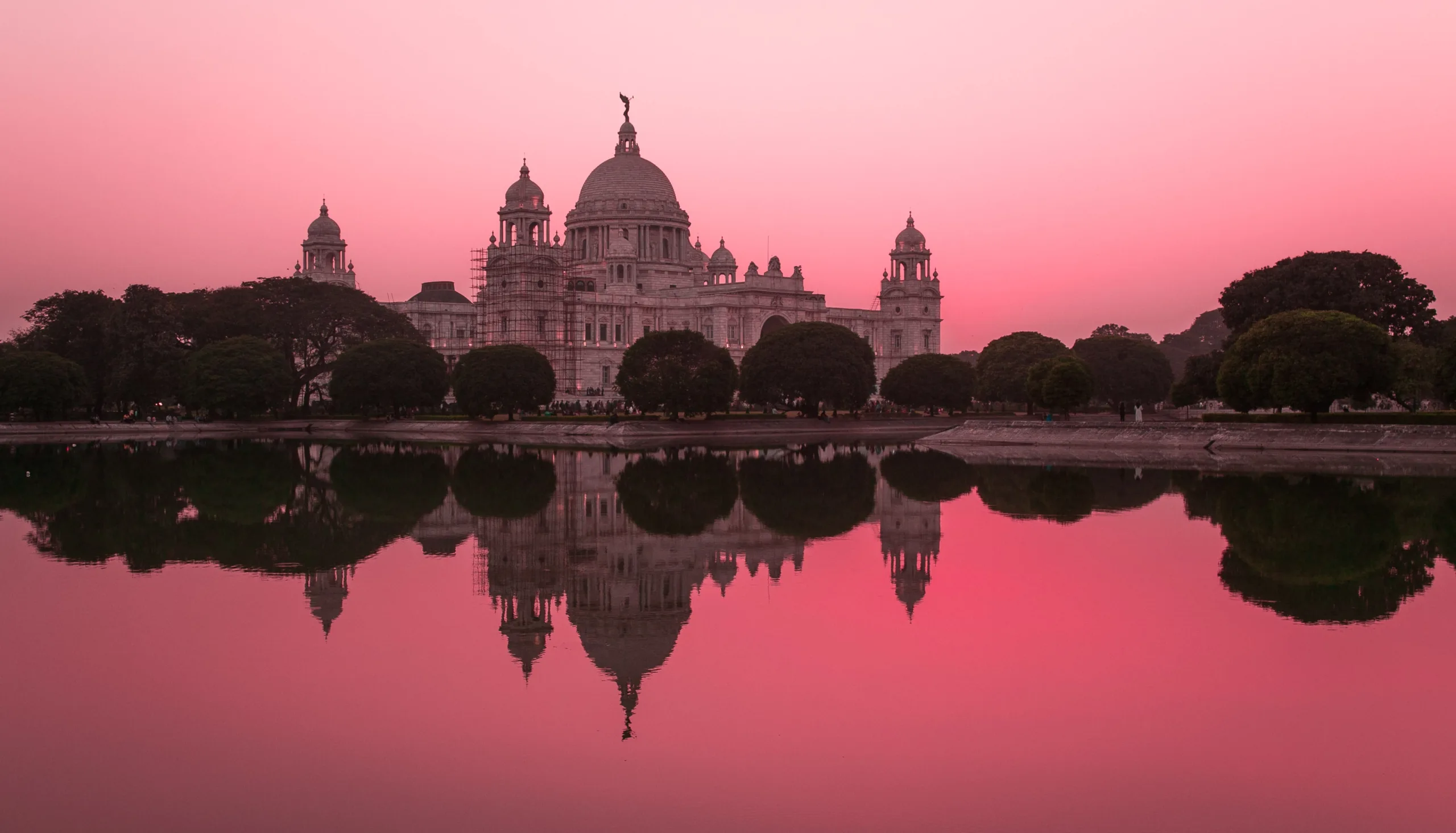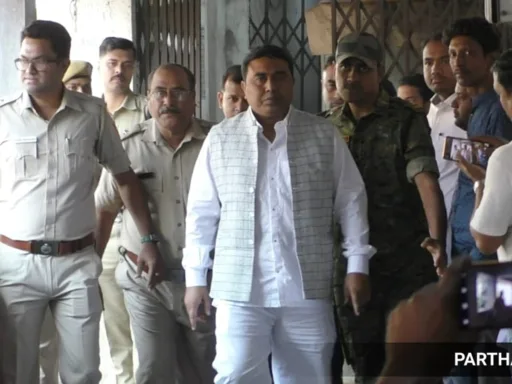Recently, a series of tweets by Maldives ministers have sparked controversy and raised concerns about the relationship between Maldives and India. These tweets, which contained derogatory remarks about the Indian Prime Minister and the Indian public, have understandably caused outrage and led to questions about why such sentiments exist and what the public reaction has been.
The Background
Before delving into the public reaction, it is important to understand the context in which these tweets were made. The Maldives, a tropical paradise in the Indian Ocean, has a complex history with India. While the two countries have shared a friendly relationship for many years, there have been occasional tensions and disagreements.
Why the Hate?
It is crucial to note that the views expressed in these tweets do not represent the entire Maldivian population. They are the opinions of a few individuals and should not be generalized. However, it is still important to address the underlying factors that may contribute to such sentiments.
One possible reason for the existence of these negative views is the historical and cultural differences between the Maldives and India. Each country has its own unique identity, and at times, misunderstandings or miscommunications can occur. Additionally, geopolitical factors, economic competition, and political tensions can also play a role in shaping public sentiment.
The Public Reaction
The public reaction to these hate tweets has been mixed. While there has been widespread condemnation of the ministers’ remarks, it is important to note that many Maldivians have also expressed their disapproval. Social media platforms have been flooded with messages of unity and calls for better diplomatic relations between the two countries.
Maldivian citizens, as well as Indian nationals living in the Maldives, have actively voiced their concerns and highlighted the need for respectful and friendly ties between the two nations. Many have emphasized the importance of dialogue and understanding, urging their fellow citizens to reject hate speech and work towards building stronger relationships.
Moving Forward
It is crucial for both countries to address this issue promptly and diplomatically. Governments and leaders have a responsibility to foster positive relations and promote mutual understanding between nations. Open dialogues, cultural exchanges, and diplomatic efforts can help bridge the gap and strengthen the bond between the Maldives and India.
Furthermore, it is important for individuals to remember that the actions and statements of a few do not define an entire nation. Stereotyping or generalizing an entire population based on the actions of a few individuals is unfair and counterproductive.
Conclusion
The recent hate tweets by Maldives ministers regarding the Indian Prime Minister and Indian public have caused a stir and raised questions about the relationship between the two countries. While it is essential to address the concerns and sentiments expressed, it is equally important to remember that these views do not represent the entire Maldivian population. The public reaction has been a mix of condemnation and calls for unity, emphasizing the need for respectful and friendly relations between the Maldives and India. Moving forward, diplomatic efforts and open dialogues are crucial in resolving this issue and strengthening the bond between the two nations.





